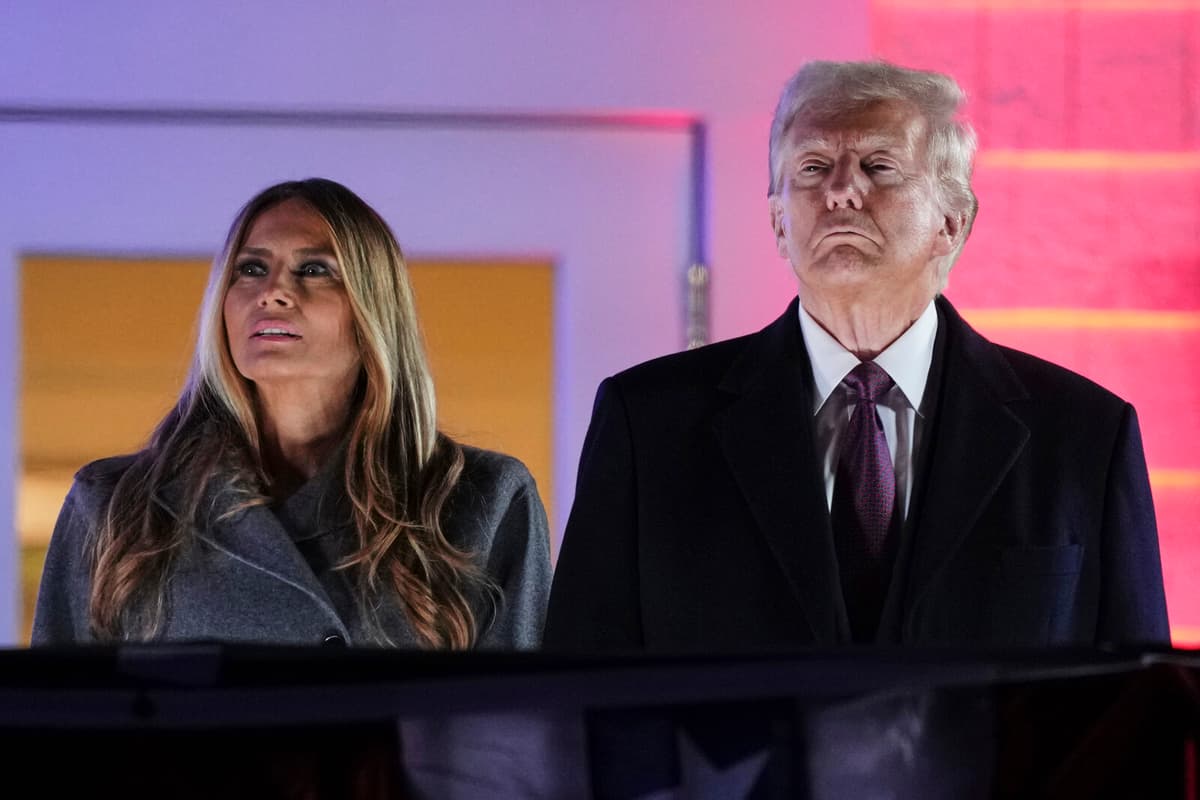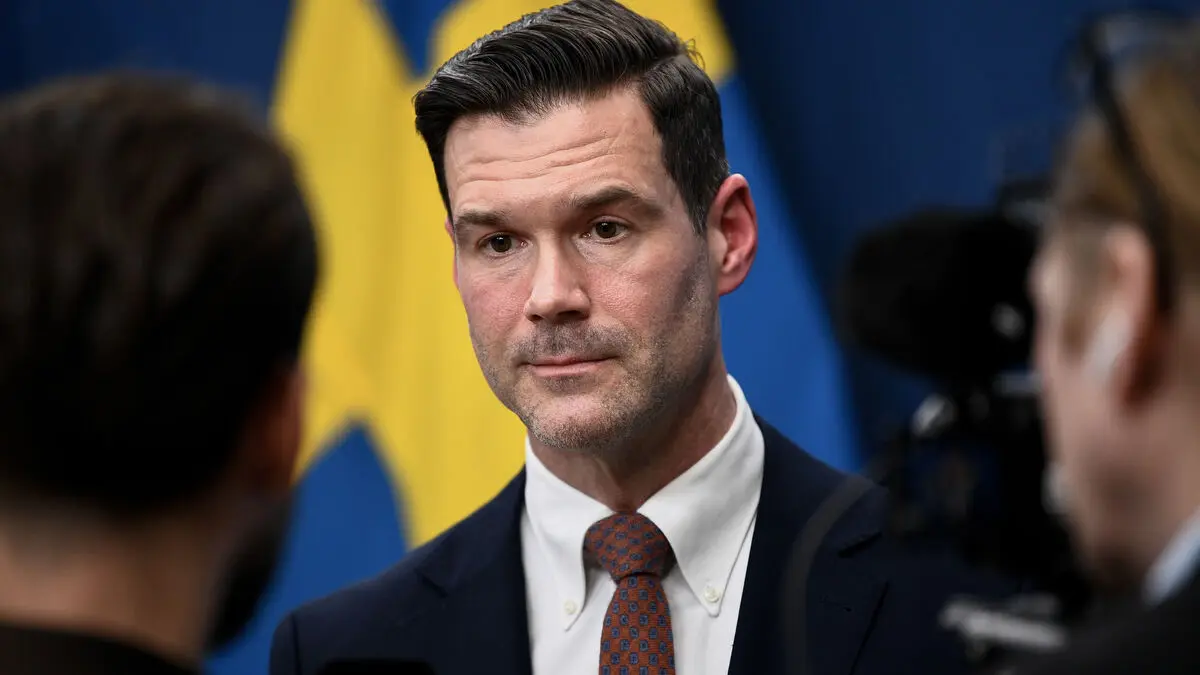Both Trump and his wife Melania have announced over the weekend that they are launching their own so-called "meme coins" under the names $Trump and $Melania, respectively.
That the world's most important leader can launch their own cryptocurrency in the industry that his administration is supposed to regulate can be seen as completely unthinkable. However, Johan Javeus notes that it is in line with Trump's complete U-turn from being critical of cryptocurrencies to instead becoming a powerful advocate.
When he and Melania introduce their own "meme coins", it is further evidence that this administration will pursue that kind of policy, he says to TT.
However, criticism is being voiced from various quarters. Robert Næss, Norway's investment chief at Nordea, says in an interview with Dagens Næringsliv that "it is incredible that it is allowed".
There are definitely legitimate questions. Since it is not Trump's first foray into the cryptocurrency market, but he has, for example, launched so-called NTFs during the election campaign, says Javeus.
Trump has pushed the boundaries of what you can do when it comes to commercializing the presidency.
Changes CEO
The launch takes place simultaneously with the US Securities and Exchange Commission (SEC), which is supposed to regulate the market and protect investors, now changing its top executive. Gary Gensler chose to resign, after Trump made it clear that he wanted to get rid of Gensler due to his stance on cryptocurrencies.
It feels quite distant now, says Javeus about the SEC looking into the matter. It is hard to see that they would conduct any investigation.
The presidential couple's launches are not traditional cryptocurrencies like bitcoin, but rather a form of collector's item. In connection with the launch, Trump's side has emphasized that the two should not be seen as an "investment asset".
Has Soared in Value
Despite this, the value of Trump's variant quickly soared, only to fall back on Monday and trade at around $53 at lunchtime, giving a total market value of over $10 billion. The uncertainty surrounding the currencies is, however, the greatest possible, notes Javeus.
I wouldn't even suggest that anyone invest in something like this.






